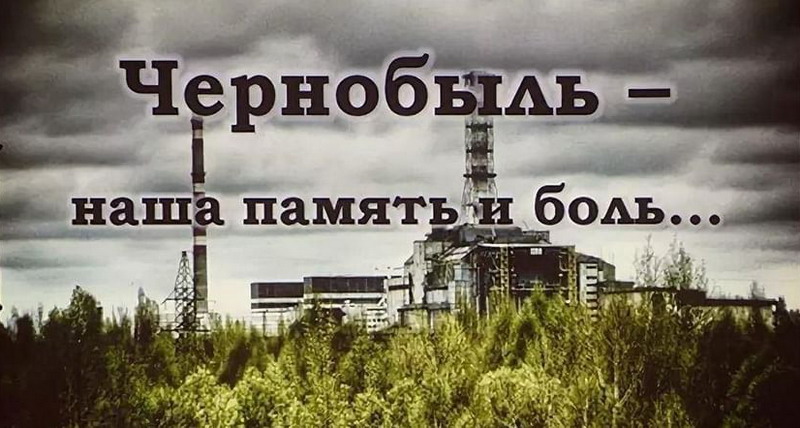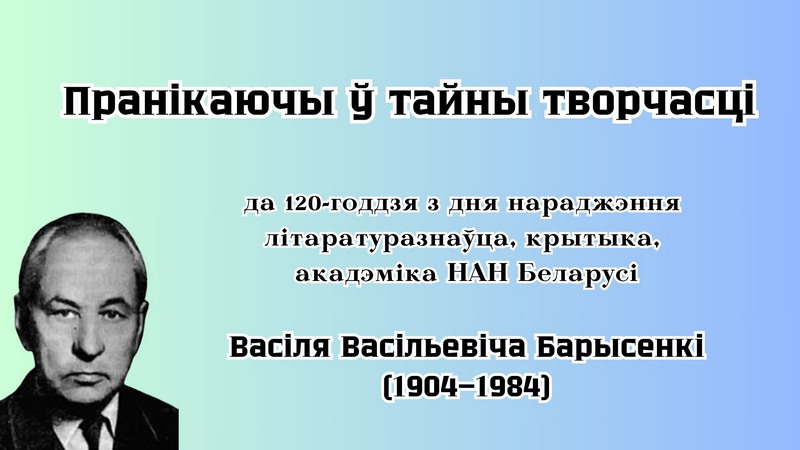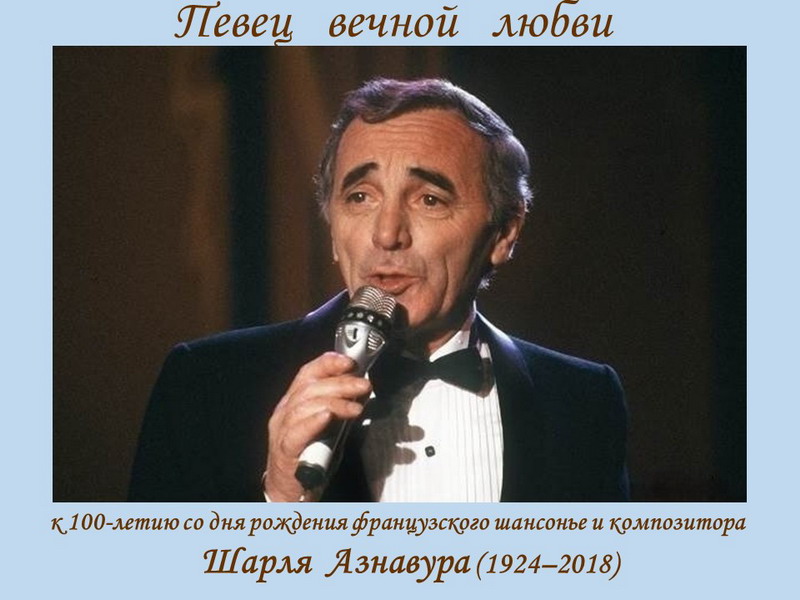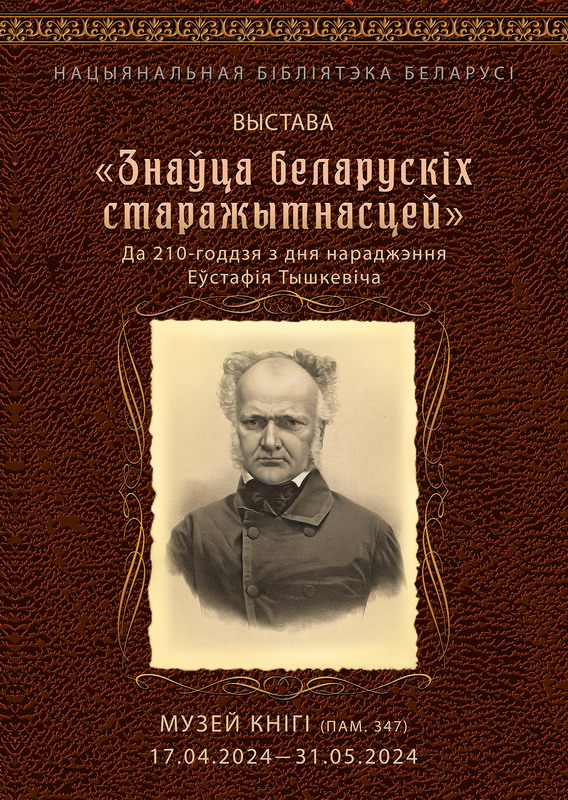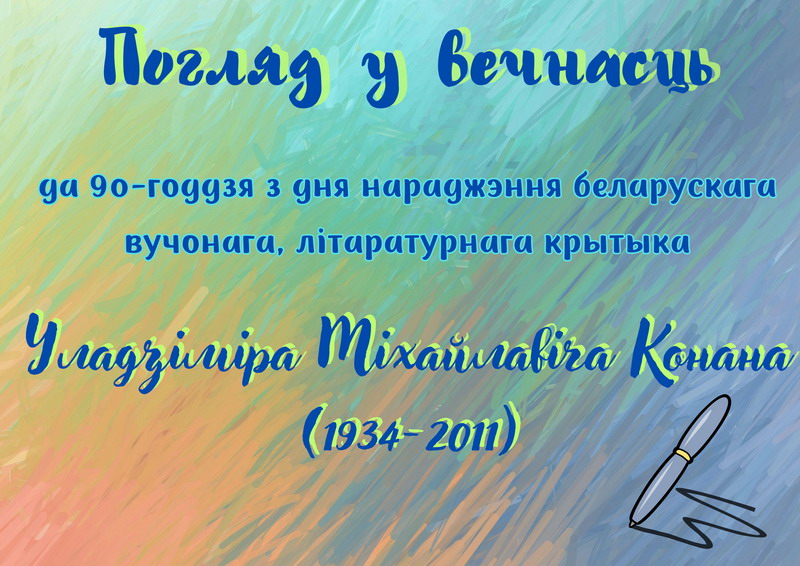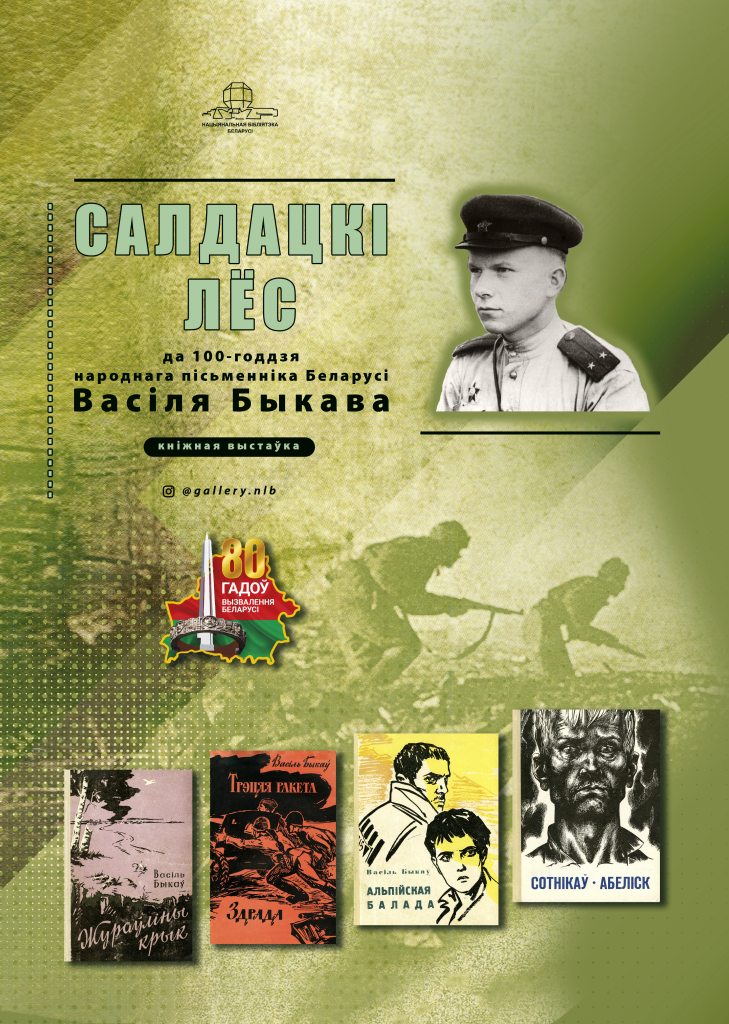Date
Time
Location
A thematic exhibition "Chernobyl: Our Memory and Sorrow" dedicated to the International Day of Remembrance of the Chernobyl Disaster is on display in the Documents of International Organizations reading room from 13 April to 15 May (room 207g).
The exhibition offers readers about 100 documents in Russian, Belarusian, English and German. These are books, mimeographed documents, periodicals, and booklets.
The documents provide information on the measures taken by governments, UN agencies, and civil society organizations to overcome the consequences of the Chernobyl disaster. They contain information about the socio–economic, psychological, and environmental consequences of the Chernobyl disaster, as well as the problems of reviving the affected territories.
Among the exhibits presented at the exhibition are monographs, scientific reports, materials of international scientific conferences and research, collections of memoirs of direct witnesses and participants of the Chernobyl accident liquidation.
The exhibition includes the following thematic sections:
- Chernobyl accident: the scale of the tragedy
- Environmental and socio–economic consequences of the Chernobyl disaster
- Social and medical consequences of the Chernobyl accident
- International cooperation and assistance in overcoming the consequences of the accident and restoring the affected regions
The exhibition will be of interest to medical professionals, environmentalists, sociologists, economists, specialists in the field of nuclear energy, international law and international relations, university students and teachers, as well as anyone interested in issues related to the Chernobyl tragedy and its consequences.
The International Day of Remembrance of the Chernobyl disaster was proclaimed by the UN General Assembly on December 8, 2016 (resolution 71/125) and has been celebrated annually since 2017 on 26 April. The event's date was not picked at random; on this day in 1986, the Chernobyl Nuclear Power Plant (ChNPP) accident, which exposed about 8.4 million people to radiation, happened, making it the biggest disaster of the twentieth century in terms of damage and repercussions.
About 70% of the radioactive fallout fell on the territory of Belarus – almost a quarter of the country's territory (23%) was contaminated.
Resolution 71/125 "Long-term consequences of the Chernobyl disaster" was initiated and prepared by the delegation of the Republic of Belarus. Together with our country, 60 countries of the world have become co-authors of the new document on Chernobyl issues.
The main message of the new resolution is the need to continue Chernobyl cooperation under the auspices of the UN in order to achieve sustainable development of the affected regions and populations through partnership, innovation and investment.
More than 35 years have passed. Belarus has acquired forced experience of living and working in conditions of long-term radioactive contamination of a large territory. Today we have established scientific schools in the field of radiology and radiation medicine; advanced production of radiometric equipment; developed systems of legislation, medical and social protection, radiation control, management of agriculture and forestry in contaminated areas. Belarus is making a qualitative transition from the country most affected by Chernobyl to the state that has accumulated invaluable scientific, practical and managerial experience. The generalized experience of our country in overcoming the consequences of the Chernobyl disaster serves all of humanity.
Useful links:
- International Day of Remembrance of the Chernobyl Disaster (April 26)
- Anniversaries
- Decade for Rehabilitation and Sustainable Development of Affected Regions (third decade after Chernobyl) (2006-2016)
- Conferences and meetings
- Tapestry "Chernobyl" - a gift from Belarus to the UN
- Situation at the Fukushima Daiichi nuclear power plant
- Department for the Elimination of Consequences of the Chernobyl Disaster of the Ministry of Emergency Situations of the Republic of Belarus
- International Scientific Conference "Chernobyl: 30 years later"
- All-Russian Public Organization "“Chernobyl Union"” Russia"
Documents:
- Resolution on the proclamation of 26 April as the International Day of Remembrance for the Chernobyl Disaster (A/RES/71/125)
- Strengthening international cooperation and coordination of efforts to study, mitigate and minimize the consequences of the Chernobyl disaster (A/RES/68/99)
- United Nations General Assembly resolution on holding a special commemorative meeting of the Assembly on 26 April 2011 to mark the anniversary (A/RES/65/131)
- Message of the Council of Heads of State of the Commonwealth of Independent States on the 25th anniversary of the Chernobyl nuclear power plant accident (S/2011/45)
- Report of the UN Secretary-General on the long-term consequences of the Chernobyl disaster
(A/74/461)
The opening hours of the exhibition corresponds to the library’s opening hours.
Entrance to the exhibition is available by the library ticket or ticket of the library's social and cultural center.
For more info: (+375 17) 293 27 34.
The article is provided by the Official Documents Service Department.

